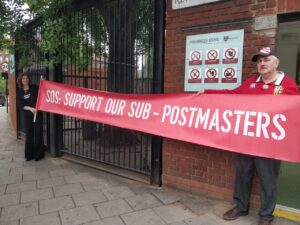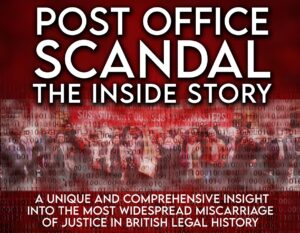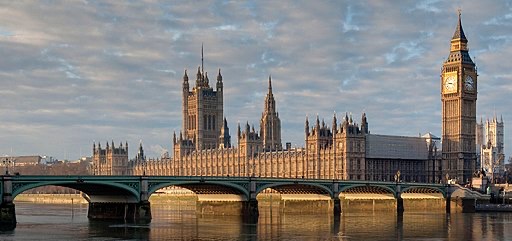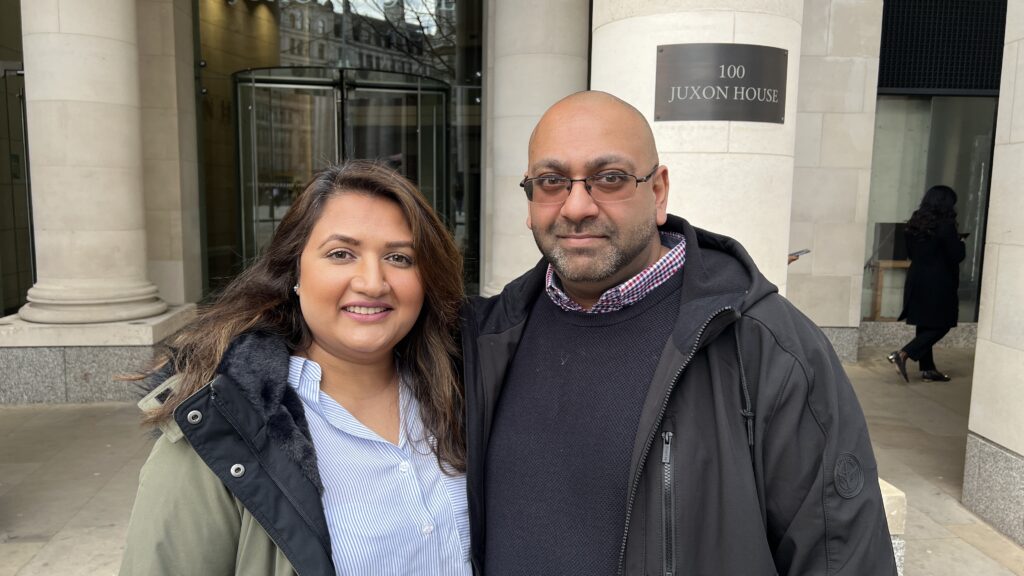
Where to start with this…? Perhaps by thanking Eleanor Shaikh, whose forensic and determined FOI campaign has been unearthing some real gems.
Yesterday, as a result of one of her requests, the Post Office published a hitherto secret report commissioned by the Post Office minister in September 2015 following the August 2015 Panorama investigation ‘Trouble at the Post Office’.
I was told last month by a government source that this document was coming and was expected to set the cat among the pigeons. I hope it does.
In 2015 Baroness Neville-Rolfe, on behalf of the government, told the incoming Post Office chairman Tim Parker to properly review the Horizon situation. He did so, commissioning the former First Treasury Counsel (top government lawyer) Jonathan Swift QC to investigate.
Swift, who is now a judge – Mr Justice Swift – wrote a wide-ranging Review in which he largely (and as it transpires, wrongly) sided with the Post Office on most things. Swift nonetheless raised very strong warning signs that potential miscarriages of justice might have taken place. He is particularly concerned at the Post Office’s switcheroo tactic of charging Subpostmasters with theft and false accounting and then offering to drop the theft charge in exchange for a guilty plea to false accounting.
“The allegation that POL has effectively bullied SPMRs [Subpostmasters] into pleading guilty to offences by unjustifiably overloading the charge sheet is a stain on the character of the business.” he says.
“Moreover, it is not impossible that an SPMR would have felt pressurised into pleading guilty to false accounting believing it to be less serious when they might not otherwise have done so.”
There is so much more in the Review which needs picking over, not least why it has stayed secret until 11 August 2022.
Patrick Green QC, lead counsel for the claimants in Bates v Post Office, confirmed it was not disclosed to the claimants during the epic High Court group litigation (GLO). This morning he said:
“The Review is an incredibly important document and we would have wished to have shown it to the Court if it had been available to us.”
James Hartley from Freeths told me the Review was:
“Yet more evidence of issues and questions of profound gravity that were known to the Post Office’s most senior management – at the very time when they were launching the most aggressive defence to the GLO claim that public money could buy.
“Had the Post Office been transparent and responsible about how to address these issues then there is every likelihood that the GLO claimants could have been spared the ordeal of the High Court litigation that the Post Office put them through.”
Parker’s “significant error”
On legal advice from the Post Office’s General Counsel Jane MacLeod, the Review (and the as yet unknown “follow-up work” engendered by the Review) was not even shown to the full Post Office board.
This “significant error of judgement” by Tim Parker was picked up in 2020 by the Post Office’s Senior Independent Director Ken McCall and reported to the government by the UKGI’s director on the Post Office Board, Tom Cooper. Cooper says McCall felt it would be wrong to take any action against Parker because it would be “disproportionate”.
Cooper tells his colleagues in government that he hasn’t asked McCall “to put any of this in writing or come in to meet Ministers or officials to discuss, but this is an option.”
As a result of Cooper’s email, Sarah Munby, the Permanent Secretary for Business, Energy & Industrial Strategy wrote to Tim Parker in October 2020 saying:
“We understand that you were advised at the time by the Post Office’s General Counsel that for reasons of confidentiality and preserving legal privilege the circulation of the report should be strictly controlled. Nevertheless, given the background of parliamentary interest, the fact that your review was commissioned by the Minister responsible for the Post Office and the potential significance of the recommendations made by Jonathan Swift QC, we consider it was an mistake not to have ensured that the whole board had an opportunity to see and discuss the detail of its findings and agree what any next steps should be. With hindsight, this information should have been seen by the board and we are disappointed that it wasn’t.”
Analysis
Richard Moorhead, Professor of Law and Professional Ethics at Exeter University has read the Review and says the points made about remote access seem to be “a bit of a show stopper both for its impact on potential appeals and on the Bates v Post Office litigation. Did Parker understand that Bates was run on the basis there was no remote access? It seems likely, and unless the views of Swift on remote access were strongly countered, this raises a significant question over that litigation and Parker’s Chairmanship.”
Moorhead describes McLeod’s advice not to disclose the Review to the board “very concerning” adding “either the GC got the law of privilege wrong or she had a conflict of interest and should not have advised in these terms. The matters in the review were highly material to her client, the Company, and she had a professional obligation to ensure the relevant people knew of them. The report should have been disclosed to the Board.”
Swift’s references to Brian Altman QC (brought in to advise the Post Office on disclosure in 2013) also intrigues Moorhead. The Post Office has so far refused to release the Altman Review of October 2013 which appears to contain some kind of test for disclosure to already criminalised Subpostmasters.
Moorhead says the references in the 2016 Review to Altman are a “reminder of how important he was or might be to this saga. It provides an interesting contrast to the position Altman took in the Court of Appeal [in 2021] which was that they did not know how documents which should have been disclosed were not.”
The 2016 Chairman’s Review is of considerable significance to this scandal, and is perhaps the most important document to be unearthed this year. I have uploaded to this blog post searchable versions of the 2015 commissioning letter, the 2016 Review itself and the 2020 email reporting Parker’s error of judgment.
Rebecca Thomson and I will be discussing the Review with the barrister Paul Marshall in the next episode of our podcast “Investigating the Post Office Scandal”. You can find and listen to it by searching “Investigating the Post Office Scandal” and following on Spotify, Apple Podcasts or Audioboom.
UPDATE: Since I wrote the above post, Professor Moorhead has properly gone to town on what I think we are now calling the Swift Review. He has written an entire epic saga of substack posts fisking the Review, which are very much worth reading, especially if you are interested in corporate governance or one of m’learned friends:
Swift I: The Perils of a Safe Pair of Hands
Swift III: How legal framing can shift the balance of reviews
Swift IV: The Gareth Jenkins Problem
Swift V: Independent Reviews, breaking bad news gently
Swift VI: Independence, a particular professional blindspot
Swift VII: No systematic problem?
Clicking on any one of the above links will take you to Professor Moorhead’s substack page. I highly recommend subscribing to his free newsletters.















There goes his Knighthood along with his reputation